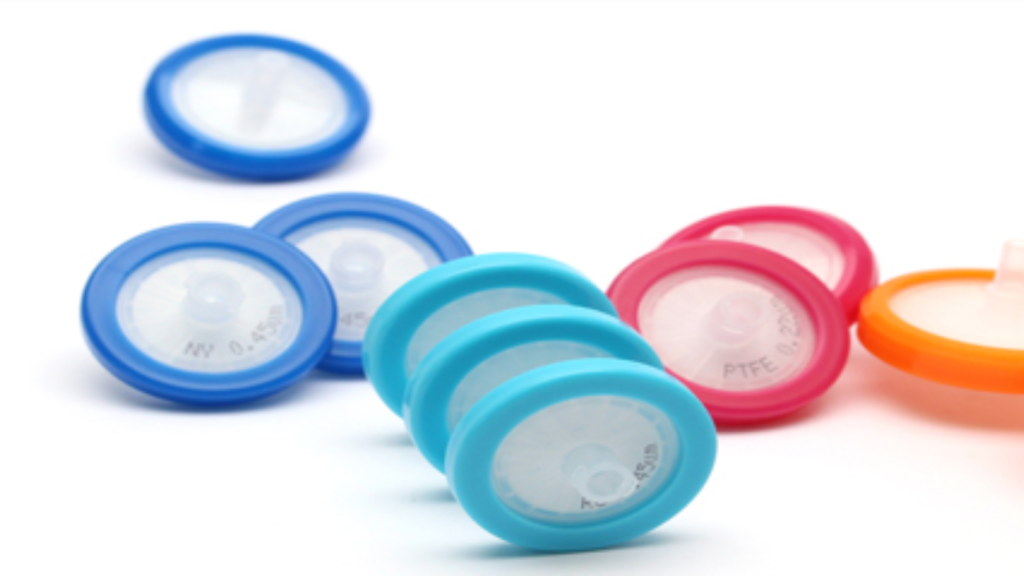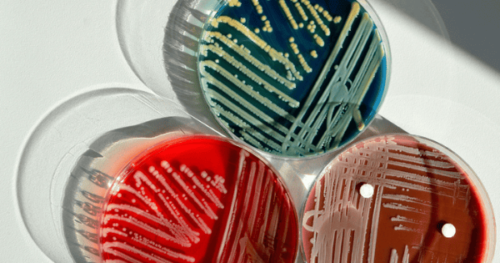Syringe filters are vital instruments that guarantee the safety and purity of samples and solutions in both clinical and laboratory settings. These filters are essential for a variety of uses, including medical operations and scientific research, since they exclude impurities from liquids. We shall examine the typical uses for syringe filters in this blog post, emphasizing their value and adaptability in a range of industries.
What Are Syringe Filters?
Small, disposable filtration devices called syringe filters are fastened to the end of syringes. They are made out of a membrane with a predetermined pore size that lets liquids pass through while capturing germs, particles, and other impurities. Syringe filters are appropriate for a wide range of applications since they come in a variety of materials, pore sizes, and diameters.
Common Applications of Syringe Filters
- Research Laboratories
- Sample Preparation: In research labs, syringe filters are used to prepare samples for analysis by removing particulate matter and impurities. This is crucial for achieving accurate and reliable results in experiments and assays.
- Filtration of Reagents and Solutions: Syringe filters are employed to filter reagents, solvents, and other solutions before use in experiments. This helps prevent contamination and ensures that the chemicals used are free from unwanted particles.
- Microbiological Analysis: For microbiological studies, syringe filters are used to sterilize and clarify culture media and other liquids. They help eliminate microorganisms and ensure that the growth conditions are sterile and uncontaminated.
- Pharmaceutical Manufacturing
- Purification of Drug Solutions: In pharmaceutical manufacturing, syringe filters play a key role in purifying drug solutions by removing particles and microorganisms. This ensures that the final products are safe and meet quality standards.
- Aseptic Filtration: Syringe filters are used in aseptic filtration processes to ensure that injectable solutions and other sterile products are free from contaminants. This is critical for maintaining the sterility of pharmaceutical products and preventing infections.
- Clinical and Medical Settings
- Preparation of Injectable Solutions: Syringe filters are used to filter injectable solutions, including vaccines and intravenous fluids, to remove particles and ensure sterility. This is essential for patient safety and preventing complications from injections.
- Fluid Sampling: In clinical settings, syringe filters are used to filter bodily fluids such as blood, urine, and cerebrospinal fluid before analysis. This helps remove debris and ensures accurate test results.
- Dialysis and Blood Filtration: Syringe filters are employed in dialysis procedures to filter blood and remove contaminants, helping to maintain proper kidney function in patients with renal failure.
- Environmental Testing
- Water Quality Analysis: Syringe filters are used to filter water samples in environmental testing to remove particulate matter and microorganisms. This is important for assessing water quality and ensuring safety for human consumption.
- Air Quality Monitoring: Syringe filters can be used to collect and filter air samples for monitoring particulate pollution and assessing air quality.
- Food and Beverage Industry
- Filtration of Liquids: In the food and beverage industry, syringe filters are used to filter liquids such as juices, wines, and sauces to remove particles and ensure product clarity and safety.
- Quality Control: Syringe filters are employed in quality control processes to ensure that food and beverage products meet regulatory standards and are free from contaminants.
Benefits of Using Syringe Filters
- Enhanced Purity and Safety
- By removing contaminants, syringe filters ensure that samples and solutions are pure and safe for use. This is crucial for maintaining accuracy in research and safety in medical and pharmaceutical applications.
- Convenience and Ease of Use
- Syringe filters are easy to use and require minimal setup. Their disposable nature eliminates the need for cleaning and maintenance, making them a convenient choice for various applications.
- Versatility
- With a wide range of materials, pore sizes, and diameters available, syringe filters can be tailored to meet specific filtration needs across different industries and applications.
- Cost-Effective
- Syringe filters offer a cost-effective solution for filtration needs, providing reliable performance at an affordable price.
Conclusion
Syringe filters provide a dependable way to guarantee the safety and purity of samples and solutions, making them essential instruments in both clinical and research contexts. Their wide range of uses—from lab sample preparation to medical injectable solution filtering—emphasize their significance and adaptability. Professionals can improve the accuracy and safety of their work by making educated decisions based on their knowledge of the benefits and common applications of syringe filters.



